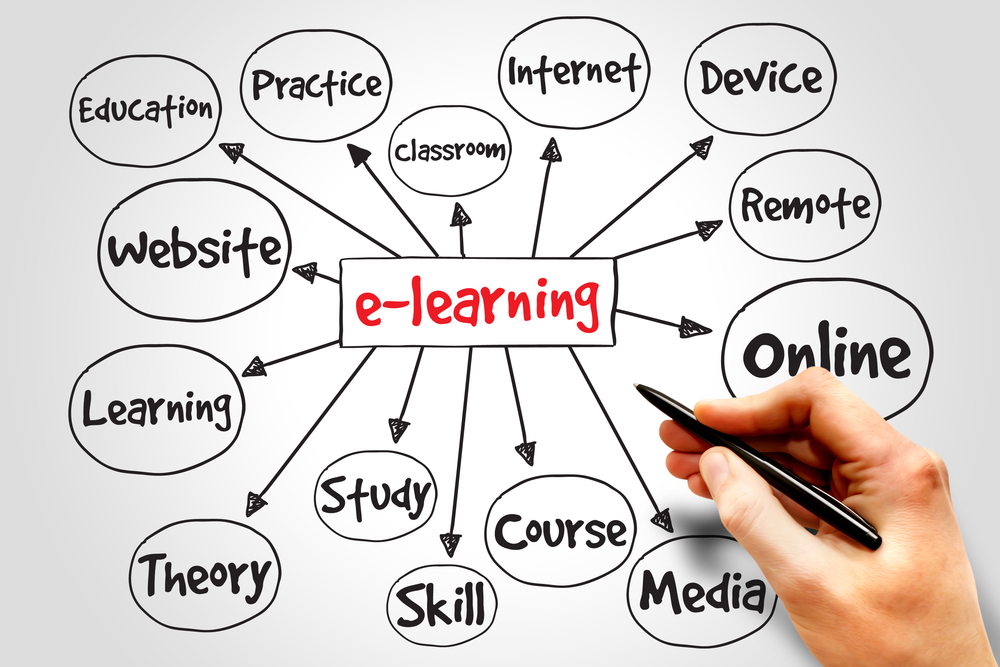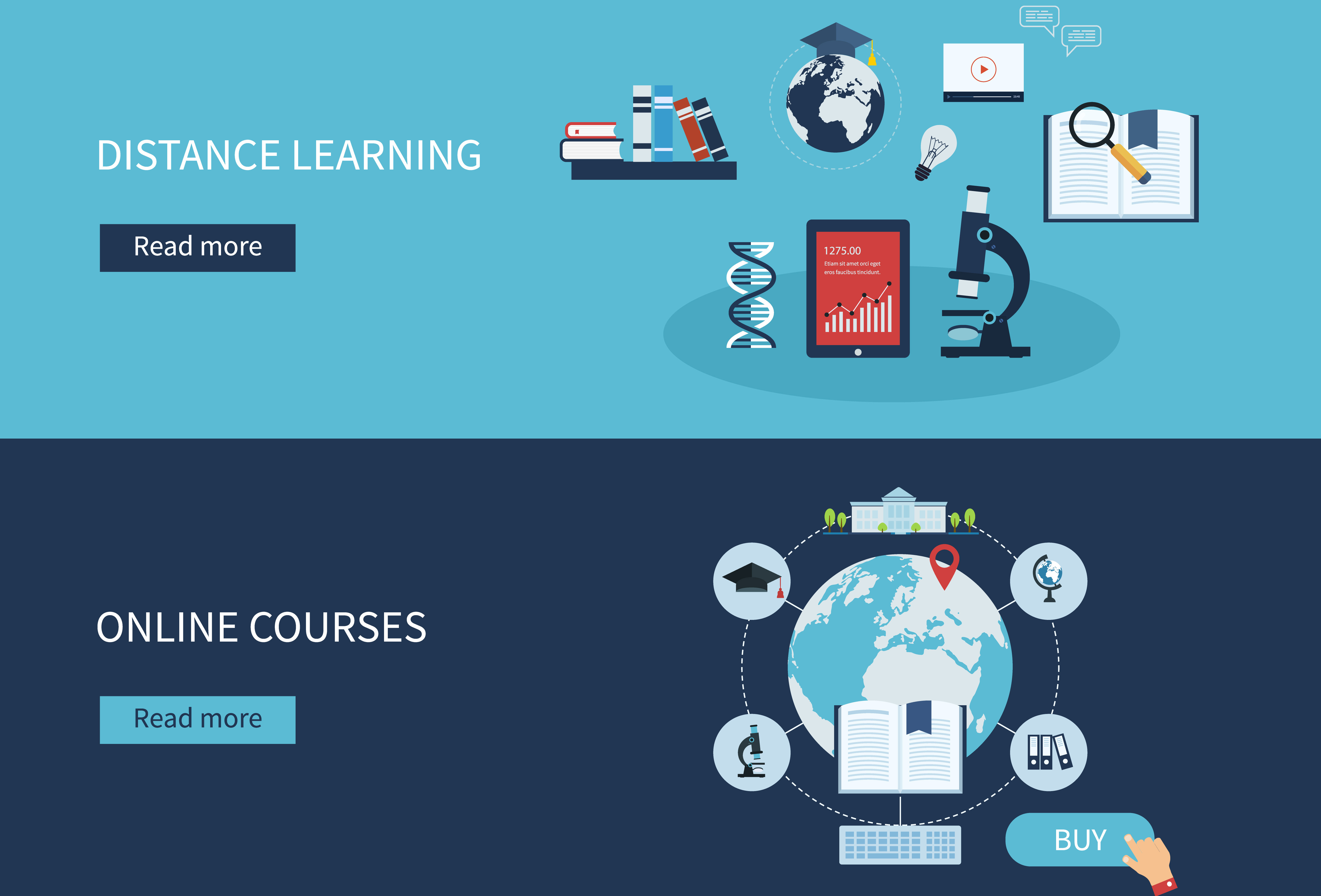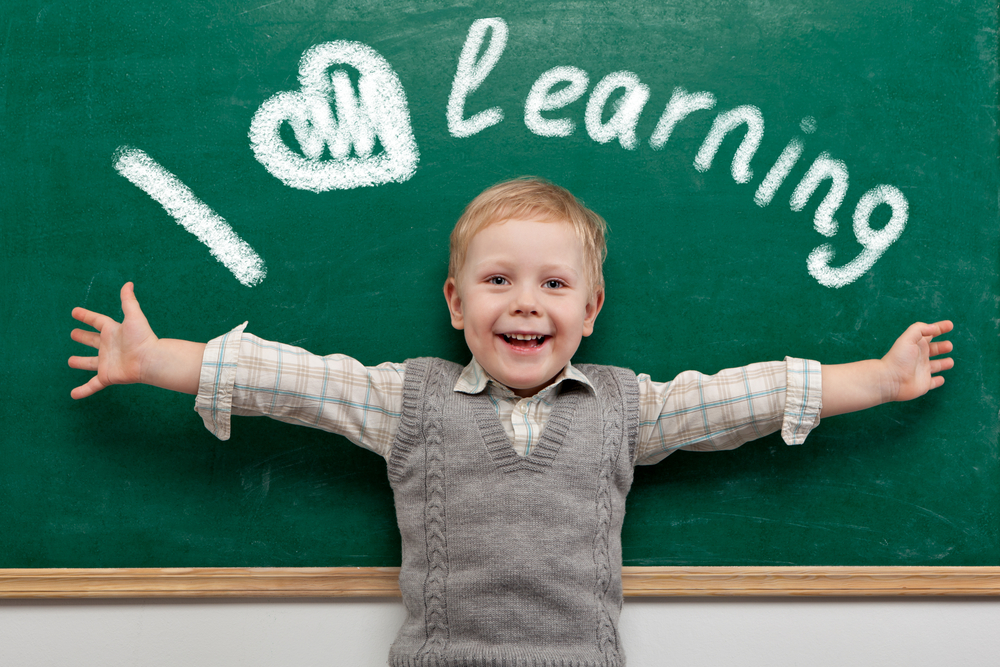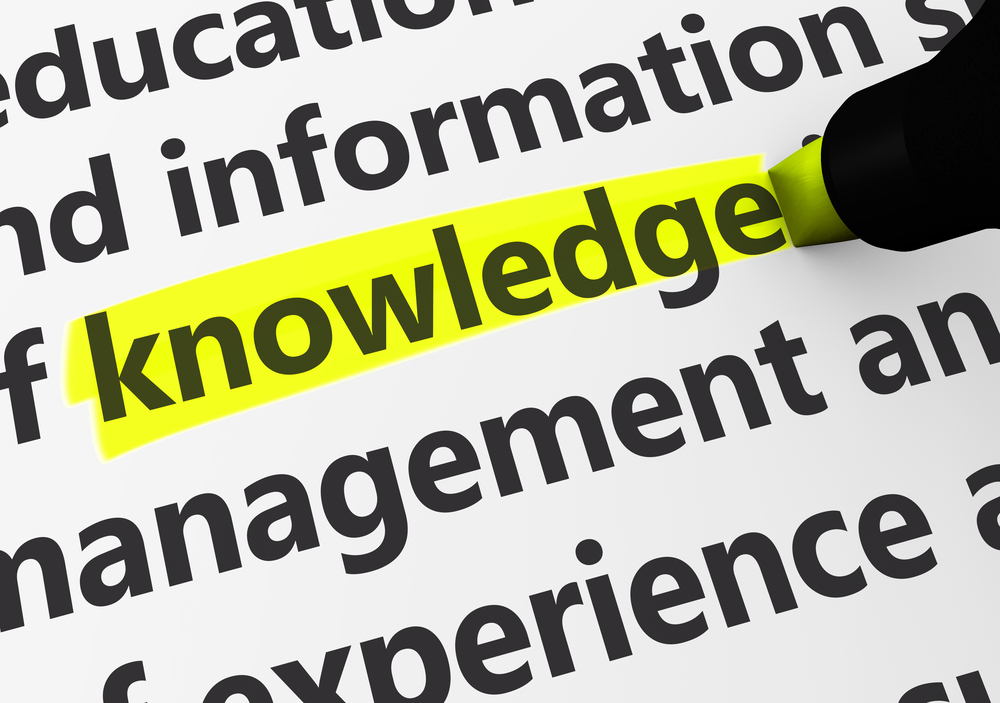Khan Academy has a simple mission: a free, world-class education for anyone, anywhere.
From humble beginnings offering personal tutoring to family members via YouTube, Khan has created one of the biggest and most comprehensive banks of educational material available on the web. Although from the beginning its focus has been on high school maths, the site now includes online tutorials on arts, science, computing and social sciences that have been translated into more than 20 languages.
What makes Khan Academy different from other educational systems?
Khan Academy has a simple mission: a free, world-class education for anyone, anywhere.
Naturally, there must be a catch somewhere, right?
The problem is not in the “world-class education” part. Not even in the lines telling it’s made “for anyone, anywhere”. People are confused with the “FREE” part.
Khan Academy mission may seem awkward to some, as we are generally not accustomed to receive something of high quality for free. However, the fact that Khan Academy has significant backing from the Bill & Melinda Gates Foundation, Google and similar organizations, proves its straightforwardness and transparency. Crazy or not, it’s an idea that has attracted attention from Downing Street to Washington DC. And like a lot of crazy ideas, it started by accident.
The Impact of Technology on Our Lives
We are all aware of the great impact modern technology has on our lives. Education has not been immune to these changes, and it started to change significantly, especially in the last decade. My parents told me that when they were younger it was very difficult to get the book or the right information on any given topic or subject.
[tweet_quote]Today, thanks to the Internet, knowledge has never been more accessible.[/tweet_quote] There are various online learning courses with the aim to make education accessible to all and to facilitate the learning process. In the last decade, Khan Academy has definitely become the best known and most recognizable of all such courses worldwide.
How It All Began
The first time I heard of Khan Academy was after its founder [tweet_quote]Salman Khan gave a TED Talk in 2011.[/tweet_quote] Khan – working as a financial analyst in 2004, after earning degrees from MIT and an MBA from Harvard – started remotely tutoring his cousin, Nadia, in Louisiana, who was struggling with maths. When the rest of the family heard there was free tutoring, more relatives started taking part. The demands got too high, until a friend suggested he could film the tutorials, post them on YouTube and let the family members view them whenever they chose. You can imagine how many views these tutorials had on YouTube.
Soon Sal Khan realized that this method of teaching may provoke new educational revolution. Therefore, in September 2006 he founded the Khan Academy – a nonprofit organization with the mission of providing a free world-class education to anyone, anywhere.
From humble beginnings offering personal tutoring to family members via YouTube, the Academy now supplies a free online collection of over 2,000 videos on mathematics, history, finance, physics, chemistry, astronomy, and economics that have been translated into over 20 languages.
How to Use Khan Academy
Khan Academy‘s philosophy is based on the three following principles:
Formative assessment
- Formative assessment is in content alignment with the curriculum, and its main purpose is to measure the amount of knowledge that students have retained from what they have been previously taught. The goal of this principle is to correct and enhance the learning process of each student.
Personalized to meet the unique needs of each student
- The defining characteristics of personalized learning includes self-pacing – permitting each student to progress through the material at a pace suited to him/her, and frequent and repeated assessments with immediate feedback and support from coaches, who can either be teachers or advanced peers, to provide tutoring and guidance. In this approach, the teacher’s role changes from primarily that of a lecturer to a guide who provides highly targeted tutoring and assistance based on the individual learning needs of each student. In addition, personalized learning produces superior student achievement, less variation in achievement, and higher student ratings in college courses.
Interactive and exploratory to encourage creativity and applied learning
- This means that learners are actively engaged with the material they are learning, and that they interact and collaborate with their peers, rather than passively absorb information. It also refers to usage of modern technologies in learning process, which might help the student obtain practical “know how” he can apply in everyday life. For instance, such skills are generic coding, website building, knowledge in economy and finances, art, etc.
Everything today is computerized, anyway. Why should learning be an exception? You agree?
What Makes Khan Academy Different from Other Online Learning Resources?
Using the internet to widen access to education is not itself revolutionary. The success of iTunes U applications from Apple and the rise of massive open online courses – nicknamed Moocs – at institutions such as Stanford University show the appetite is there.
However, the Khan Academy is different. Although it also carries tutorials in arts, computing and science, its core remains secondary school maths, in which it couples hand-holding video instruction with online exercises, from basic addition and multiplication to the farther reaches of algebra and calculus. There’s no accredited qualifications, just a self-paced course combined with sophisticated software that charts progress and highlights weaknesses, making it simple for a parent to use to help a child with homework without knowing the finer points of algebra.
This is something we all need, right?
Most importantly, Khan Academy enables its users to draw their own conclusions, and in the same time, promotes [tweet_quote]learning to gain knowledge[/tweet_quote], rather than “learning to get good grades”.
Khan Academy provides services divided into 3 parts and intended for:
- students,
- parents who support their children’s learning and progress,
- teachers and coaches of all kinds, with the aim to empower them to better understand what their students are up to and how best to help them.
Sal has said that he doesn’t want to take over schools, but to compliment traditional education and empower teachers to interact more with their students, instead of lecturing.
In my opinion, parents, pupils and students should take advantage of video lessons provided by Khan Academy. They may not be perfect, but they can certainly support standard education and bring benefits for the students.
There’s no doubt that Khan Academy will have a major impact on traditional education. We just have to start using such resources that are already available, in the right way. As Bill Gates once said about this interactive classroom:
What Khan does is amazing! I think he is the best teacher I’ve ever seen.
Check it out yourself and see whether there’s something that might interest you.
[divider]
[poll id=”6″]



















